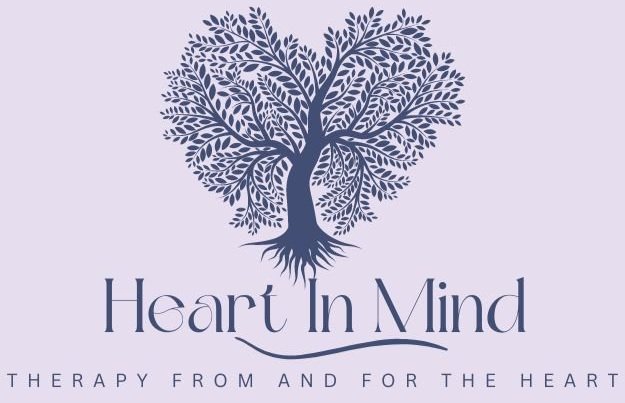Culturally-Responsive Ways to Set Healthy Boundaries: Collectivist and Individualist Cultural Considerations
You may have heard that setting “healthy boundaries” is important for good mental health. You may have heard that it’s one important way we can reduce stress felt from relationships.
Moreover, you may have heard that to set healthy boundaries, you should be direct, firm and assertive with others; you should confidently “yes” or “no” when asked if you’ll do something or not. This sounds fair enough on the surface.
Difficulties arise though when you put this within the context of people’s day-to-day realities. For example, for many Asian Americans and others who grew up within more collectivist cultures, being direct, firm, and assertive are often neither preferred nor possible within relationships. To be direct, firm, and assertive goes against important values of considering the needs of the larger group (i.e. our families in many cases); to prioritize maintaining peace for the group (even if it means sacrificing our individual needs).
From my lived experiences as a 2nd-generation Asian American female, as well as from my professional experiences working with Asian Americans across multiple generations, I know that setting boundaries is not that simple. Additionally, I know that setting boundaries in the ways that dominant individualistic, Western culture preaches, is often absent of any empathy for collectivistic Eastern cultural norms. Are boundaries then just something that people from more collectivist cultures (or who are living in between two cultures/identify with more than one culture) can’t have?
I’d argue that the answer is not binary. It is not either/or. In collectivist cultures/less stringently individualistic cultures, we can have healthy boundaries. It just might look different than what dominant Western culture promotes. In the rest of this blog post, I share some culturally-responsive ways to set healthy boundaries within the contexts of Eastern and Western cultures.
“Collectivist cultures emphasize the needs and goals of the group as a whole over the needs and desires of each individual” (Cherry and Morin, 2022)
5 Culturally-Responsive Ways to Set Healthy Boundaries: Balancing Eastern and Western Cultural Norms/Identities/Values
Reflect on your values, including the values you have about relationships. In other words, what’s important to you when it comes to relationships? What’s important to you when it comes to your life outside of relationships? Practice taking actions that align with your values.
Note how much energy you have—physical, emotional, and mental. If you’re feeling with low energy, ask yourself what would be more energizing at this time— solo time or time with others. *Just because you choose solo time does not mean you have to forego time with others. Intentionally taking time for yourself will allow you to replenish the reserves needed to be fully present and there for others as needed.
Know that it’s okay to show love and care in various ways. For many of us who grew up in more collectivist cultures, we might be most accustomed to (and have also adopted ourselves), conveying love through “acts of service” (i.e. doing tangible favors for the benefit of others). This is a valid and valuable way of showing love and care. At the same time, it might not always be possible for us to show love and care in this way (due to time/energy constraints for instance). When this is the case, consider showing love in different ways that your loved ones can still understand (e.g. spending quality time together through chatting…even if it’s just over the phone for a few minutes).
You can still say “no” (and “yes”). If you need to say no, it’s okay. You can say no and still love and care about others. On the other hand, if you feel like you have the capacity (either at this time or at a future time) to meet your loved ones’ requests, also let them know. Communicating both what you can and cannot do for others can meet the needs of the collective/the larger group more, while still respecting your own boundaries (more than just communicating either/or).
*Note: If there is something being requested of you either by family or other loved ones that you already strongly know you can or cannot do and/or tolerate at anytime, communicate that.
Enlist in the support of your community/other loved ones. Yes, you are an important part of the whole group. It wouldn’t be a whole group though if it was just you holding the group together. If you cannot be there for your loved ones at times, try seeing if others within your community network can help.
I hope this was helpful. Until next time, please be gentle with yourselves,
Gina
Source:
https://www.verywellmind.com/what-are-collectivistic-cultures-2794962
If you’re curious to learn more about my specialties and what it would be like to work with me, please check out the links below:


